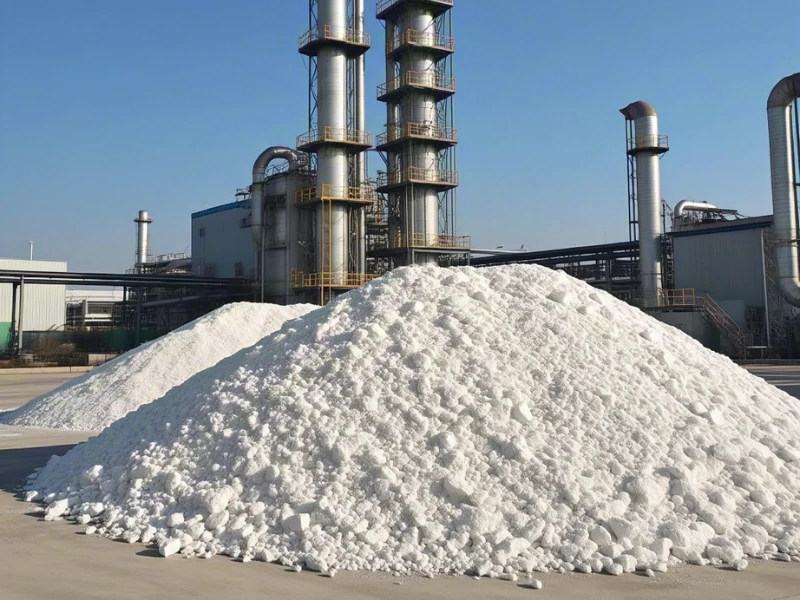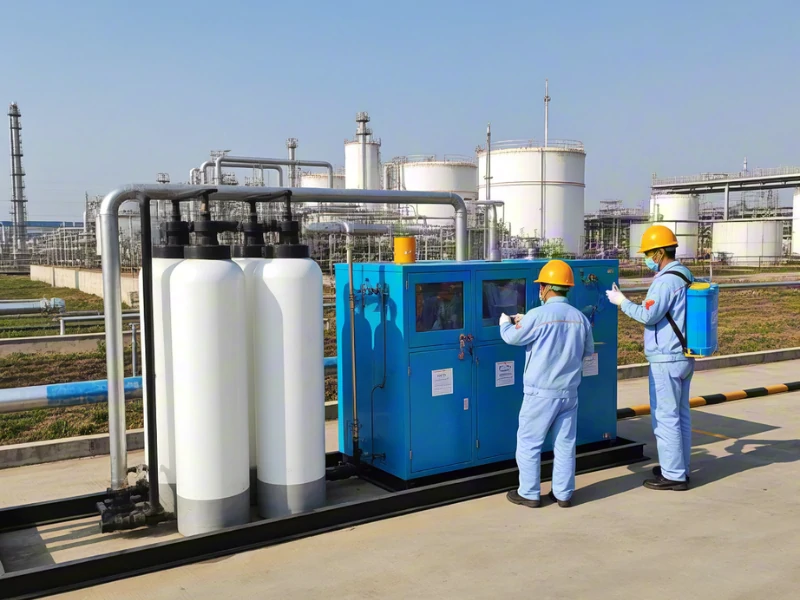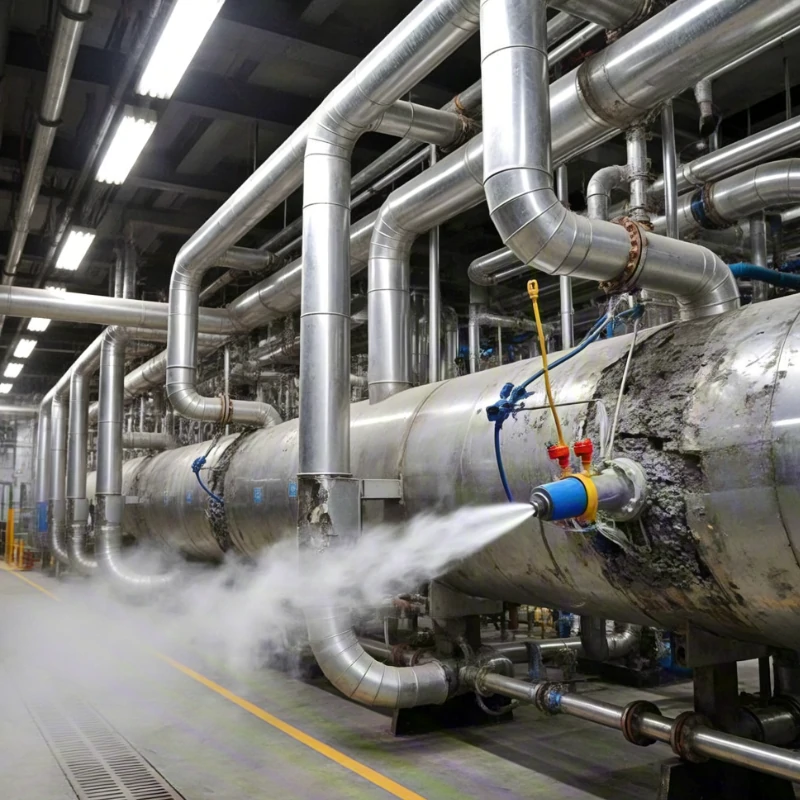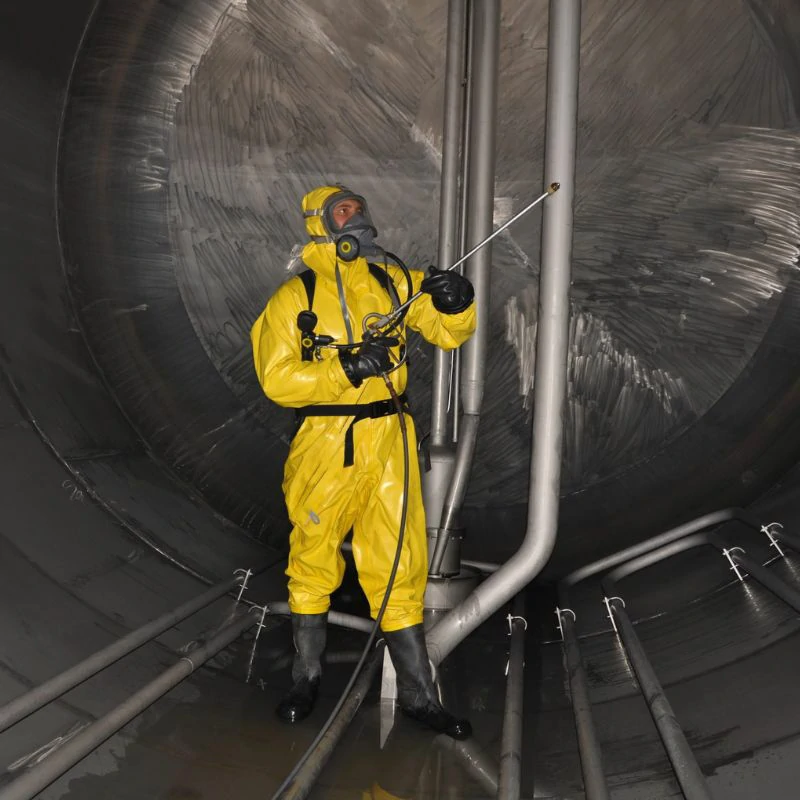Huiya Envirotech, with its expertise in chemical solutions and environmental sustainability, provides customized, high-performance products that meet industry standards. Leveraging advanced technology and years of experience, Huiya Envirotech offers reliable, cost-effective solutions for oil and gas operators to optimize operations and minimize environmental impact.
Sodium chlorite and chlorine dioxide are vital in oil & gas for water treatment and microbial control. They act as potent biocides, preventing biofilm formation, corrosion (especially from SRBs), and well souring. They can used in the oil and gas industries for treating fracking water, produced water, enhanced oil recovery, and maintaining pipelines/tanks.
Sodium chlorite and chlorine dioxide are powerful biocides with strong oxidizing properties, widely used in the oil and gas industry to control microbial growth and prevent biofouling. These chemicals are critical for maintaining operational efficiency, protecting infrastructure, and ensuring the safety of water treatment processes.
01 / 03


Broad-Spectrum Biocidal Activity: Both sodium chlorite and chlorine dioxide are effective against a wide range of microorganisms, including bacteria, viruses, fungi, and protozoa. This versatility is crucial in the oil and gas industry, where various types of microorganisms can impact production and infrastructure.
Biofilm Penetration and Prevention: Microorganisms often form biofilms on surfaces like pipelines and storage tanks, leading to corrosion, blockages, and reduced productivity. Chlorine dioxide is particularly effective in penetrating and eliminating biofilms, ensuring equipment remains free from microbial contamination.
02 / 03


Corrosion Prevention: Sulfate-reducing bacteria (SRB) are responsible for microbially influenced corrosion (MIC), which accelerates the degradation of pipelines and tanks. By targeting and eliminating SRBs, chlorine dioxide helps prevent corrosion-related failures in critical equipment.
Penetration of Biofilms: Microorganisms in the oil and gas industry often form biofilms on various surfaces, including pipelines and storage tanks. These biofilms are not only difficult to remove but can also accelerate corrosion and blockages. Chlorine dioxide is particularly effective at penetrating these biofilms and killing the microorganisms within, thus preventing the structural and operational issues they cause.
03 / 03


Low Dosage, High Efficiency: Chlorine dioxide is highly effective at lower concentrations, minimizing chemical load and reducing environmental impact while still offering powerful biocidal action.
Operational Efficiency: Both sodium chlorite and chlorine dioxide ensure effective microbial control, preventing operational disruptions caused by microbial contamination, biofilm formation, and corrosion.
The use of sodium chlorite and chlorine dioxide as biocides in the oil and gas industry is essential for controlling microbial growth, preventing biofouling, and ensuring safe and efficient operations. Their broad-spectrum effectiveness, biofilm penetration, and corrosion prevention capabilities make them vital in maintaining infrastructure and enhancing the overall safety and quality of oil and gas production.
Get top-quality sodium chlorite and chlorine dioxide products, along with custom solutions. Our expert team is here to help - contact us today!
Contact Us